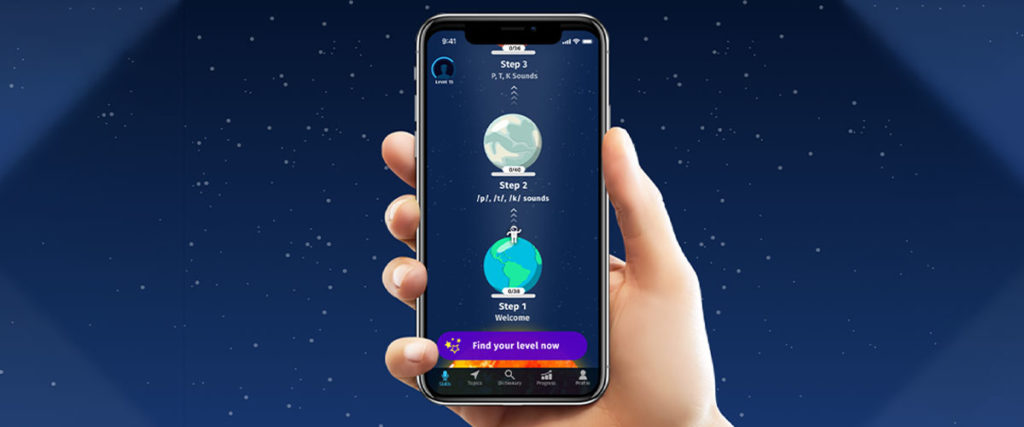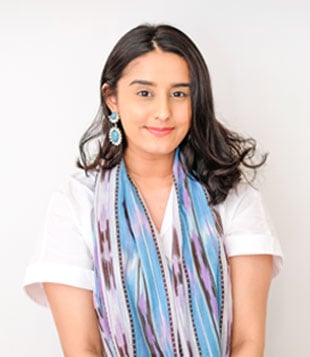When Vu Van, founder of ELSA Corp, moved to the US, people struggled to understand her. So, she built an app to help others in the same difficulty. 5 million users later, she talked to us about her very personal mission.
It was a very real experience that inspired tech entrepreneur and Ho Chi Minh City local Vu Van to found tech startup ELSA Corp., an acronym for the English Language Speaking Assistant. Growing up, she had been an A* student in English writing, reading and grammar. However, when it came to actually speaking, she struggled with the pronunciation of certain words, leaving her feeling misunderstood, and lacking in confidence. So, she decided to do something about it, combining voice recognition technology and artificial intelligence in an app launched in 2016, which is now used by over five million people around the world. Operating out of offices overseeing 1000 in-app lessons in the Bay Area, Vietnam and India, she talked through her very personal mission to help people struggling as she did.
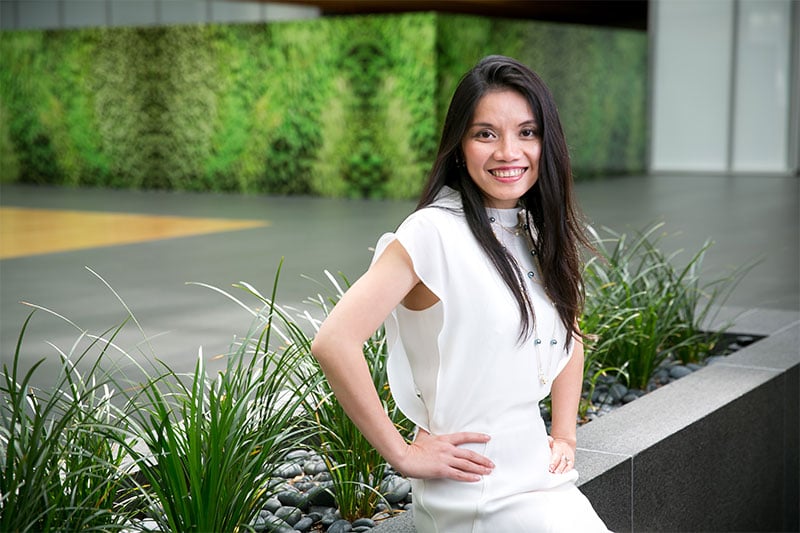
“When I first moved to the US from Vietnam, people had a really hard time understanding my English. Not because I didn’t know the language, but because I wasn’t pronouncing it correctly,” says Vu of the confidence-bashing experience she found moving country to the US in 2009 to pursue her MBA at Stanford. She remembers feeling regularly embarrassed and mortified when someone asked her to repeat her sentence, struggling to make herself understood. “I thought to myself, ‘How do we get technology to build a product solution that is both scalable and accessible worldwide? How do I build something similar to Siri and Alexa, but in a more meaningful way that can be used by all accents around the world,’” she explains of her hunt for a solution. Soon, she focused on combining artificial intelligence and voice recognition technology. And so, ELSA, the English speaking assistant was built.
You might also like ili: The Ultimate Instant Translator
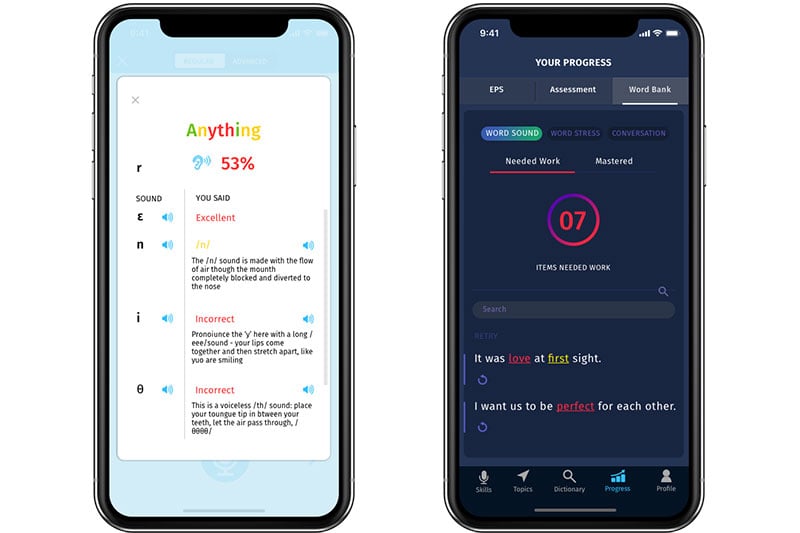
ELSA first took off at the 2016 South by Southwest Conference (SXSW) where it won first place in the Launch Startup competition and gained over 30,000 downloads in 24 hours. Today, the app is available to users 24 hours a day, 7 days a week, talking and listening to them to identify their errors and the solutions for them. Available to download for free on both iOS and Android, users get a certain number of lessons and days for free, after which they are given the option of a payment-based plan if they want to continue. What makes ELSA unique, however, is its ability to let users record their voices and listen back to the words they have articulated incorrectly. “We analyse each and every sound and consonant, and we tell you if it’s pronounced correctly or not. If it’s not, the reason for your mistake is clarified, and the solution too. It’s very unique and it works as an effective and quick-learning process,” says Vu. “People who come from different countries tend to express words differently. ELSA can recognise each and every accent.” With a target age group of 15 to 35-year-olds, she explains that the content of the app depends on demographics in relation to age, career and interests. “We don’t usually work with absolute beginners, because we don’t teach vocabulary and grammar. Our users must have some beginner level of English. However, it doesn’t matter where they come from.”
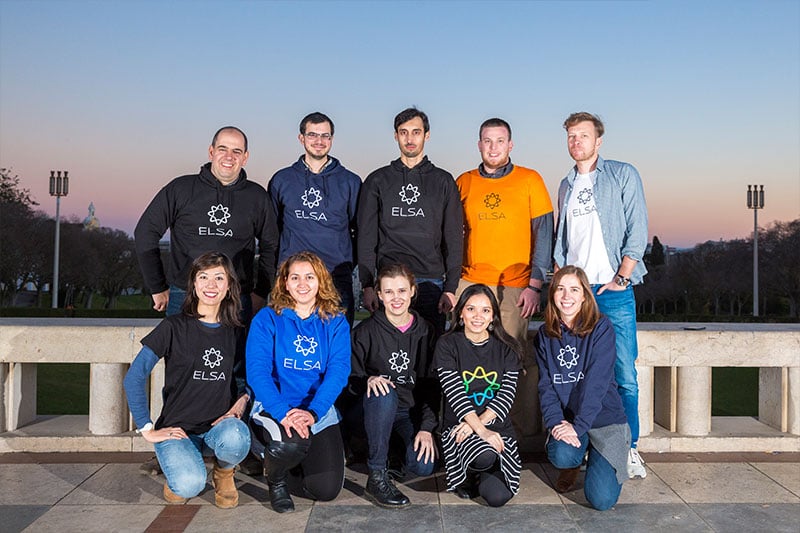
Living the life of an entrepreneur is challenging, but it’s a challenge Vu has embraced. “Most of my friends are entrepreneurs. It makes it a lot easier for me to reach out to people and get the help both they and I need. It’s really beneficial,” the Stanford MBA graduate explains. “I’ve been lucky enough to have been exposed to a huge network whilst I was completing my MBA. Today, some of my investors happen to be my mentors, and some of my advisors work as team members.” Still, the ever-changing nature of both entrepreneurship and her sector means she is constantly having to pivot. “Once you think you’ve overcome a challenge, the next is even bigger. It’s something you’ve never done in your life before.”
Being a startup that operates in several locations around the world, Vu explains that each country carries its own set of hurdles to face. “When we think of Vietnam, the payment infrastructure there is not readily available compared to the US,” she explains, as an example. “On the bright side, there are a lot of investors coming into Vietnam, and it’s now a market that is big enough for any company to succeed.” Her aim is to reach more than one million people every day through ELSA, helping them get better jobs and a better education, as well as saving them from the difficulties she once experienced. It’s a deeply personal mission, and this is why, she says, her company is seeing such success. “Ask yourself, is this a passion of yours? Is it something you want to solve? If you don’t have a problem that you care deeply about, then it’s not worth being an entrepreneur, as you’ll have to stick with this idea for the next seven to ten years.”
